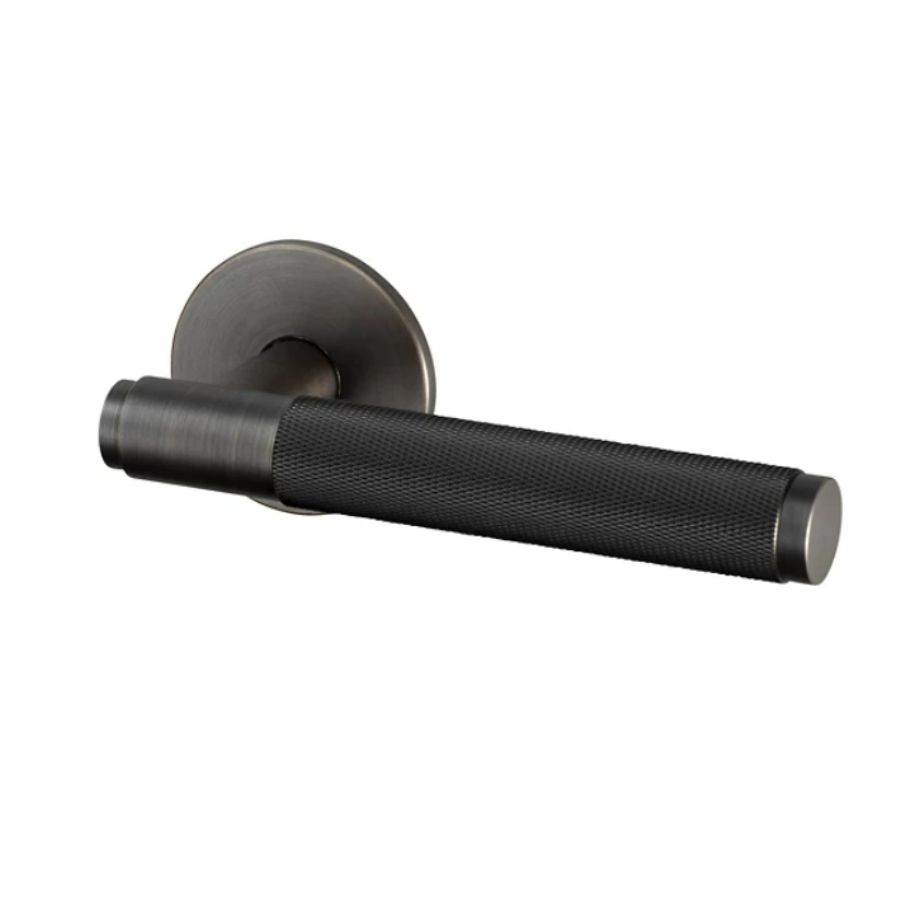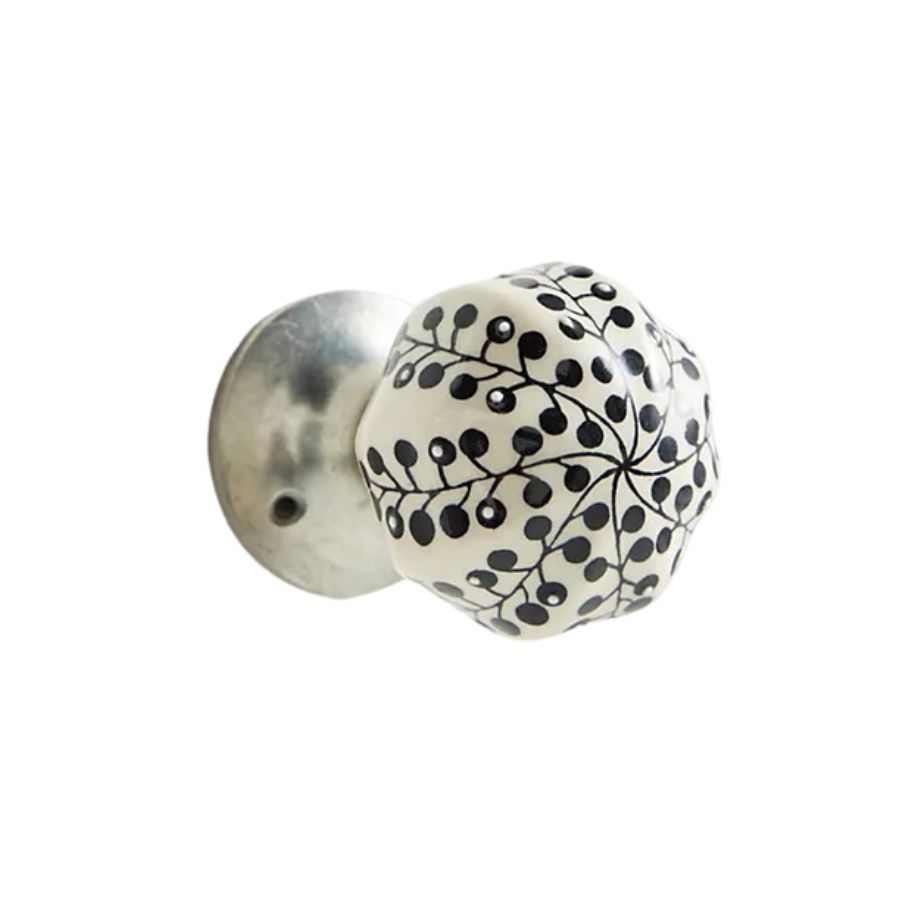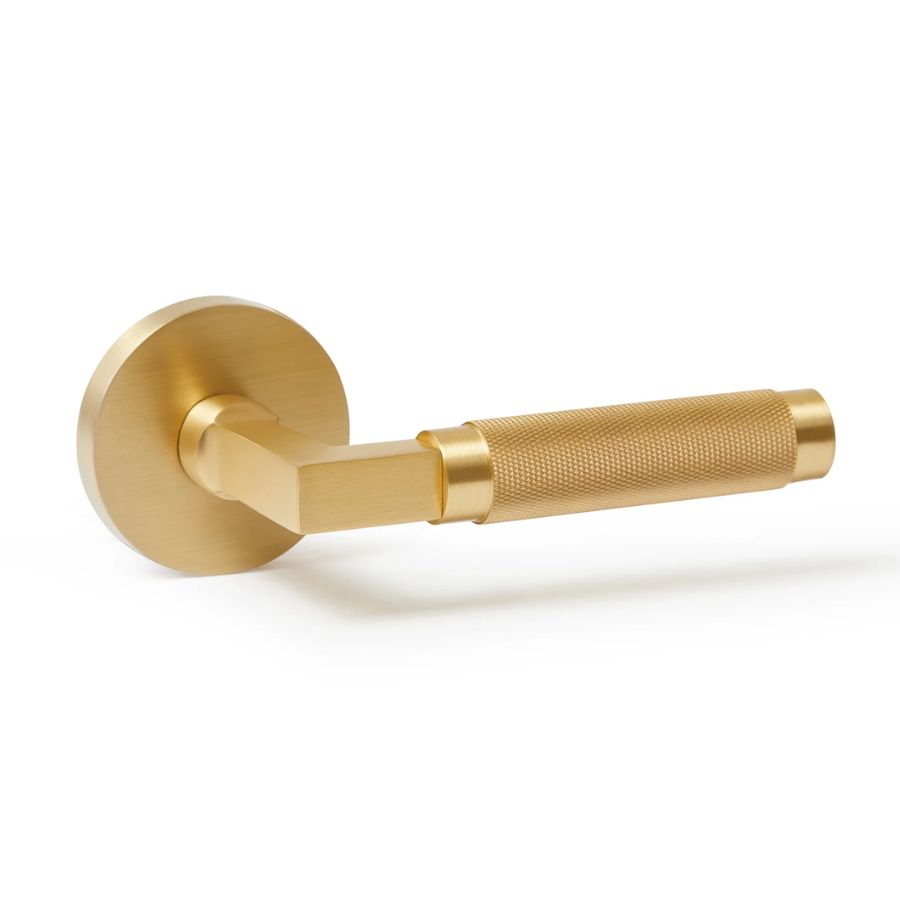5 Lessons on How to Choose Interior Doors — 'They Make Such a Difference to Your Home!'
If you're planning on updating your interior doors, here's everything you need to know beforehand

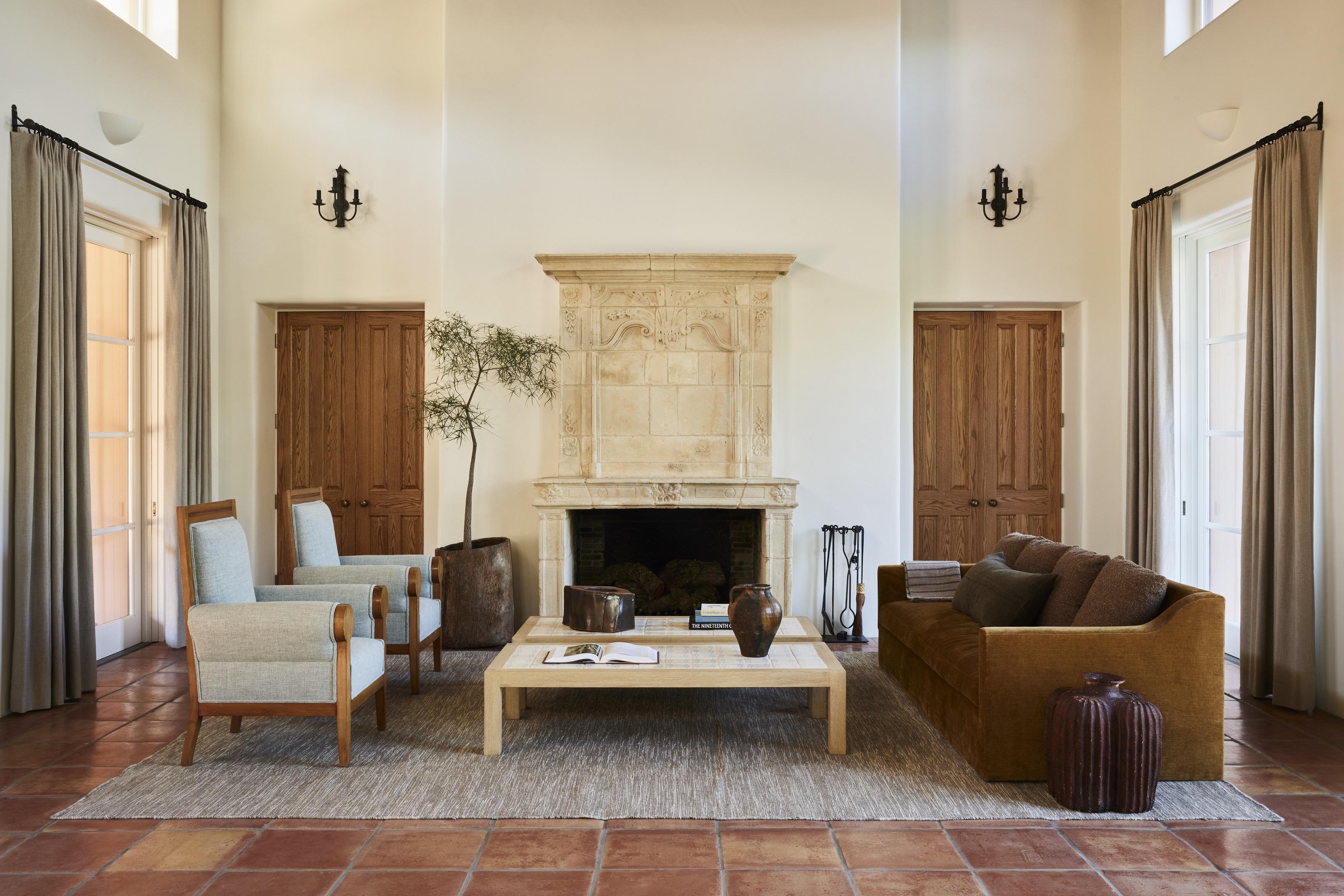
The Livingetc newsletters are your inside source for what’s shaping interiors now - and what’s next. Discover trend forecasts, smart style ideas, and curated shopping inspiration that brings design to life. Subscribe today and stay ahead of the curve.
You are now subscribed
Your newsletter sign-up was successful
Interior doors often get overlooked, but updating them might just be the ticket to giving your home a mini makeover. From hardware to paint ideas, they're such a simple change-up that can make a world of difference in your home.
In the modern home, we’re increasingly welcoming flexible layouts with the option to close the door behind us, creating a space that feels cozy. Internal doors aid the flow of movement around the home – but despite being a key architectural pillar, adjoining your kitchen to your living room or your bedroom to your upstairs hallway, they often get overlooked. We speak to the experts to find out what to bear in mind before you invest.
Decide on your style of door
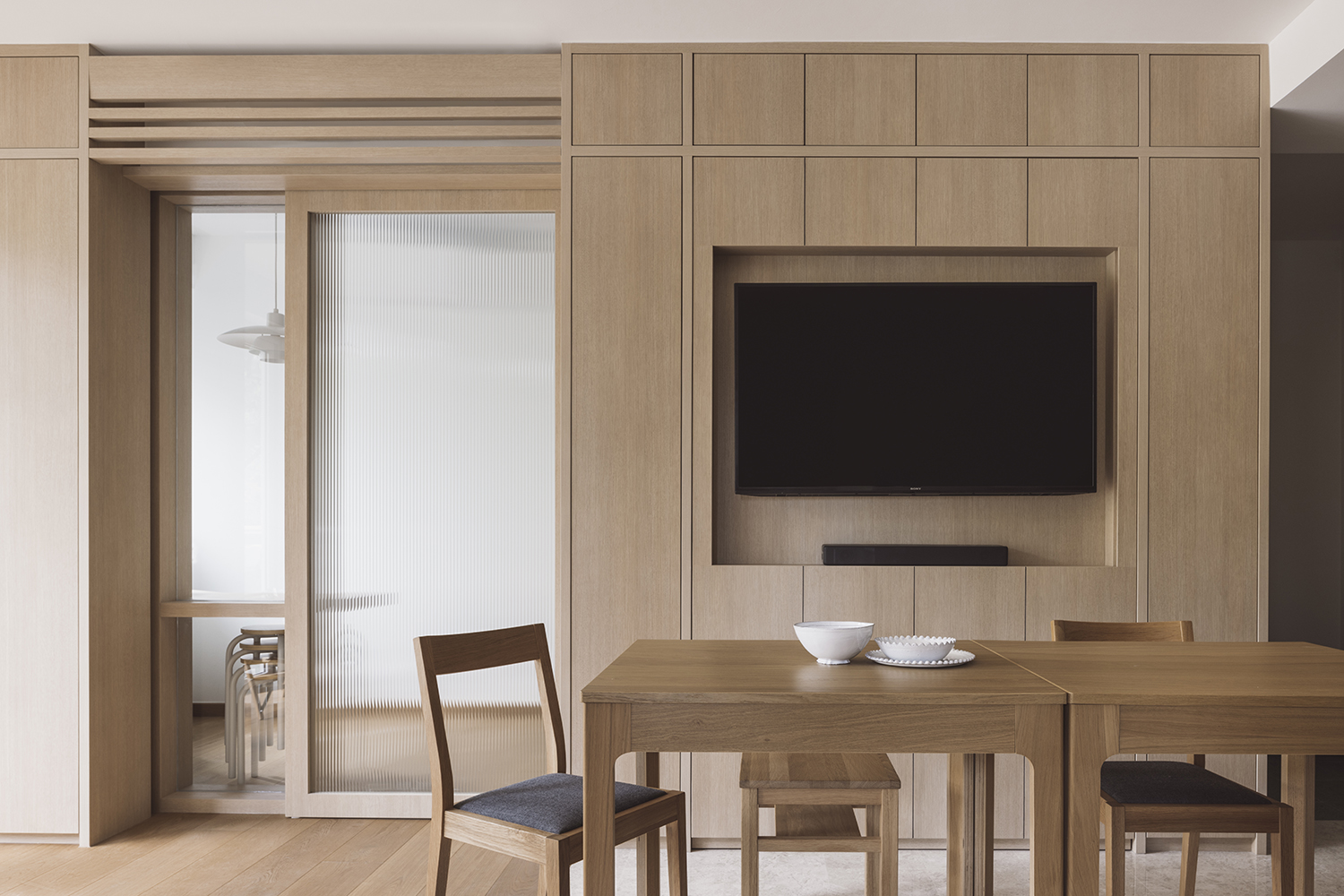
Internal glass doors are having a moment. Not only do they look slick and sophisticated, but they're practical, too, letting in more light, and beneficial for smaller, cramped homes. Meanwhile, they still maintain a sound barrier and can be tailored to have an element of privacy with frosted or fluted glass. ‘Glass can satisfy different functional needs, guaranteeing openness and privacy at the same time,’ says Chiara Lualdi, marketing director at Lualdi.
Pivot glass doors are a fantastic alternative to traditional and sliding doors; they tend to be streamlined designs with super-slim profiles and a modern frame, and work by rotating around a mechanism rather than being hinged at the side. ‘Open spaces are not gone, but adaptability is becoming crucial,’ says Giulio Malberti of Italian furniture brand Rimadesio. Crittal is a popular internal glass option too, though may not be suitable for all interiors – the style may feel out of place in more traditional schemes.
Or save space with pocket doors
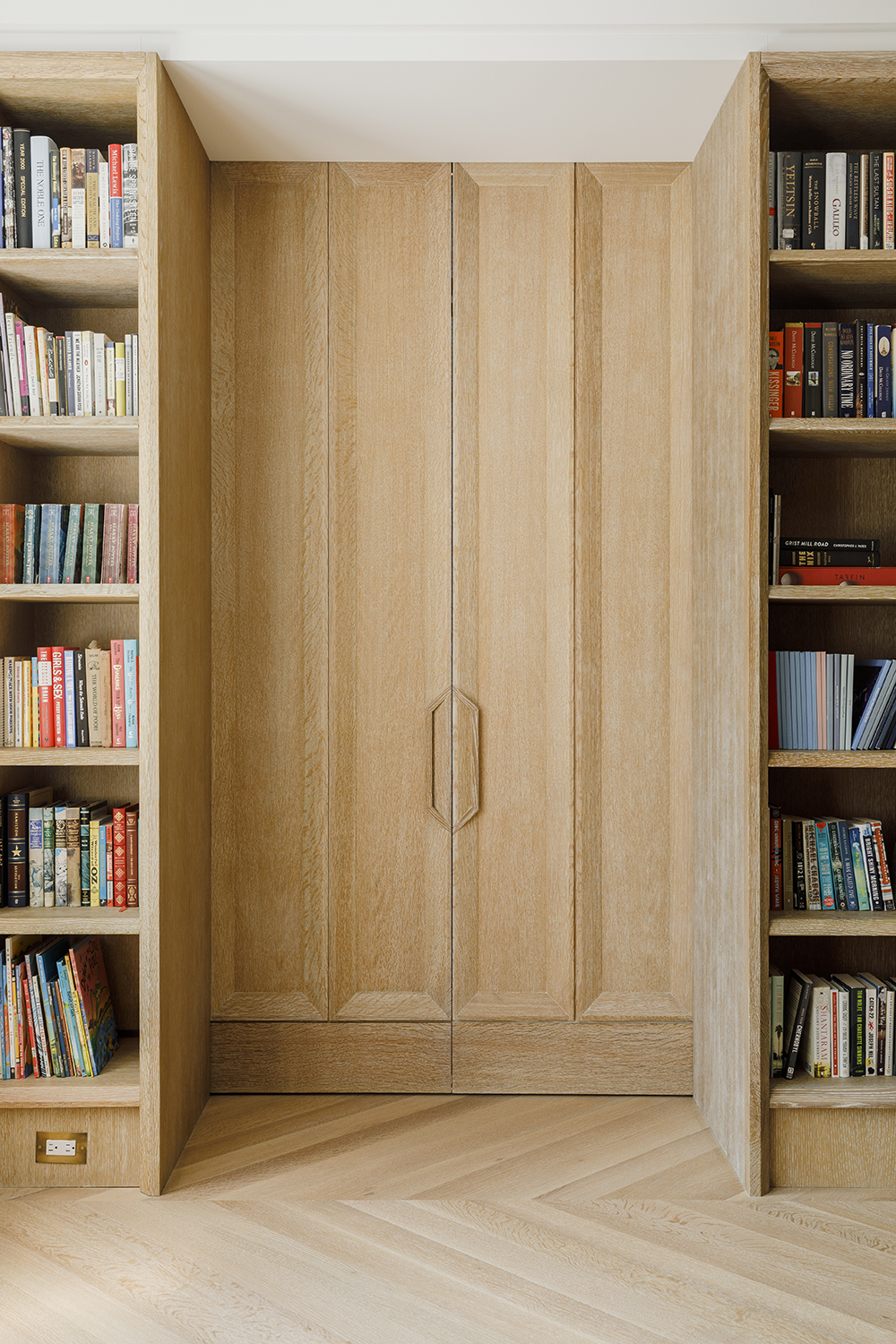
Pocket doors save valuable space for an uncluttered aesthetic. They run on a track, receding into a mounted frame for a hidden door look. ‘Over time, this door model has evolved to become an architectural element that characterizes and defines the fluidity of spaces,’ says Chiara. The technology for sliding pocket systems has significantly improved over the years, too. However, there is still one lingering issue - privacy.
While it may work well for an ensuite bathroom or between a dining room and a kitchen, it is not ideal between the hallway and a bedroom or home office, for example. Sound and smells easily travel through pocket doors. It’s also worth noting that pocket door hardware is quite specific; you need to ensure your hardware is compatible with the door and doesn’t obstruct it.
In these pocket doors designed by Michael K. Chen, a beveled design across cerused oak adds charm when shut. ‘Because there is such a deep recess for the paneling itself, and because the detailing is so sharp on the beveled surfaces of the doors, we incorporated carved wood pulls so you don't experience other hardware aside from the hinges or sliding mechanisms,’ says Michael Chen.
The Livingetc newsletters are your inside source for what’s shaping interiors now - and what’s next. Discover trend forecasts, smart style ideas, and curated shopping inspiration that brings design to life. Subscribe today and stay ahead of the curve.
Get to grips with the measurements
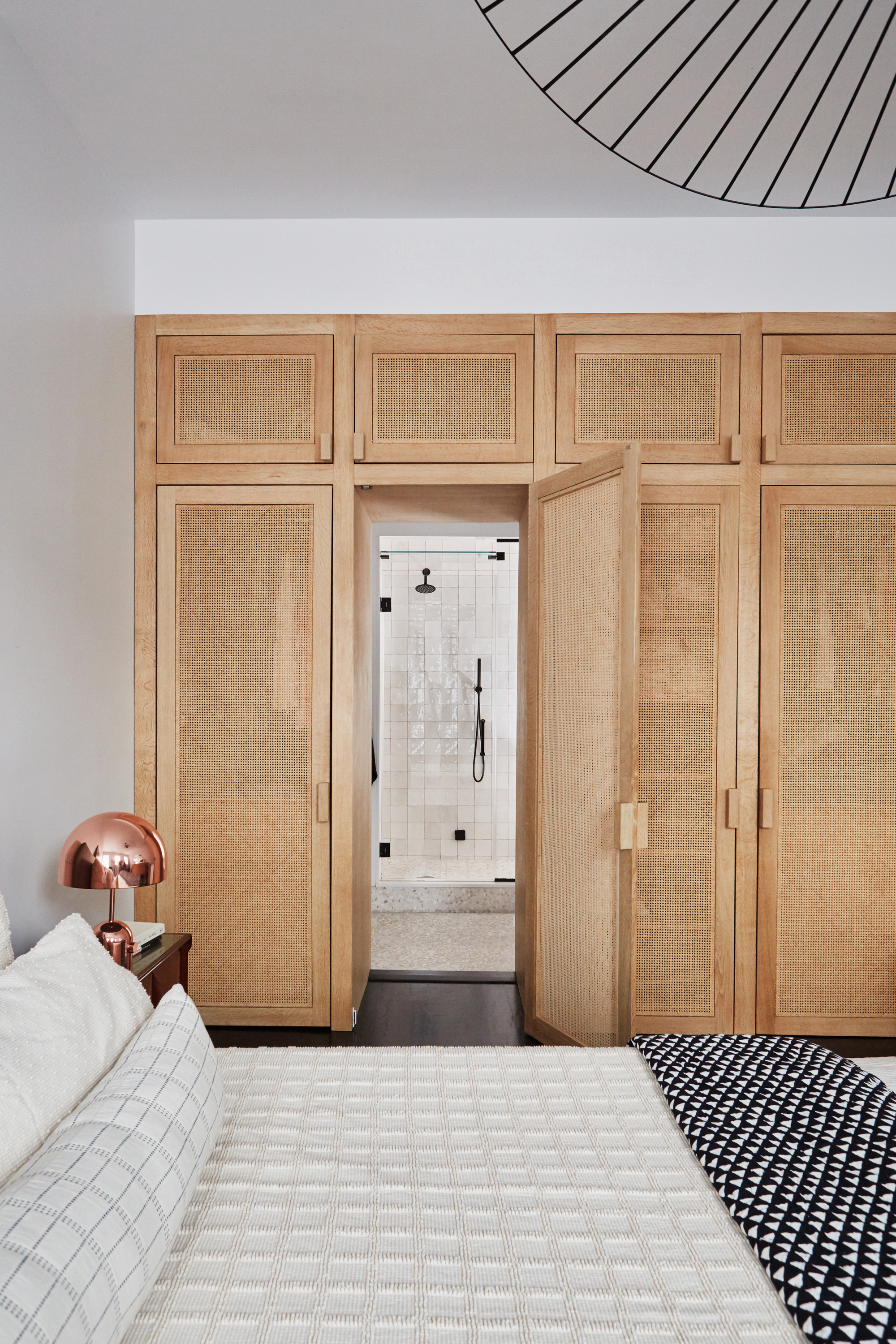
The ideal height for your internal door is at least 7 foot high – but preferably 7.8 foot high. If your interiors are more classical with crown molding, leave a reasonable amount of space between the top of your door frame and the underside of your coving – at least 3-4 inches.
Both the door frame and the coving serve as decorative elements; by leaving a space between them, you allow each element to be appreciated individually. Also consider whether the doors swing into or out of the room, or slide into a pocket. These choices can greatly impact the user-friendliness and circulation of a space.
In this example, by Chused & Co, the measurements of the door frame are the same as the other doors on this wardrobe. The 'trick' door blends into the rest of the wardrobe for a seamless finish.
Don't forget the hardware
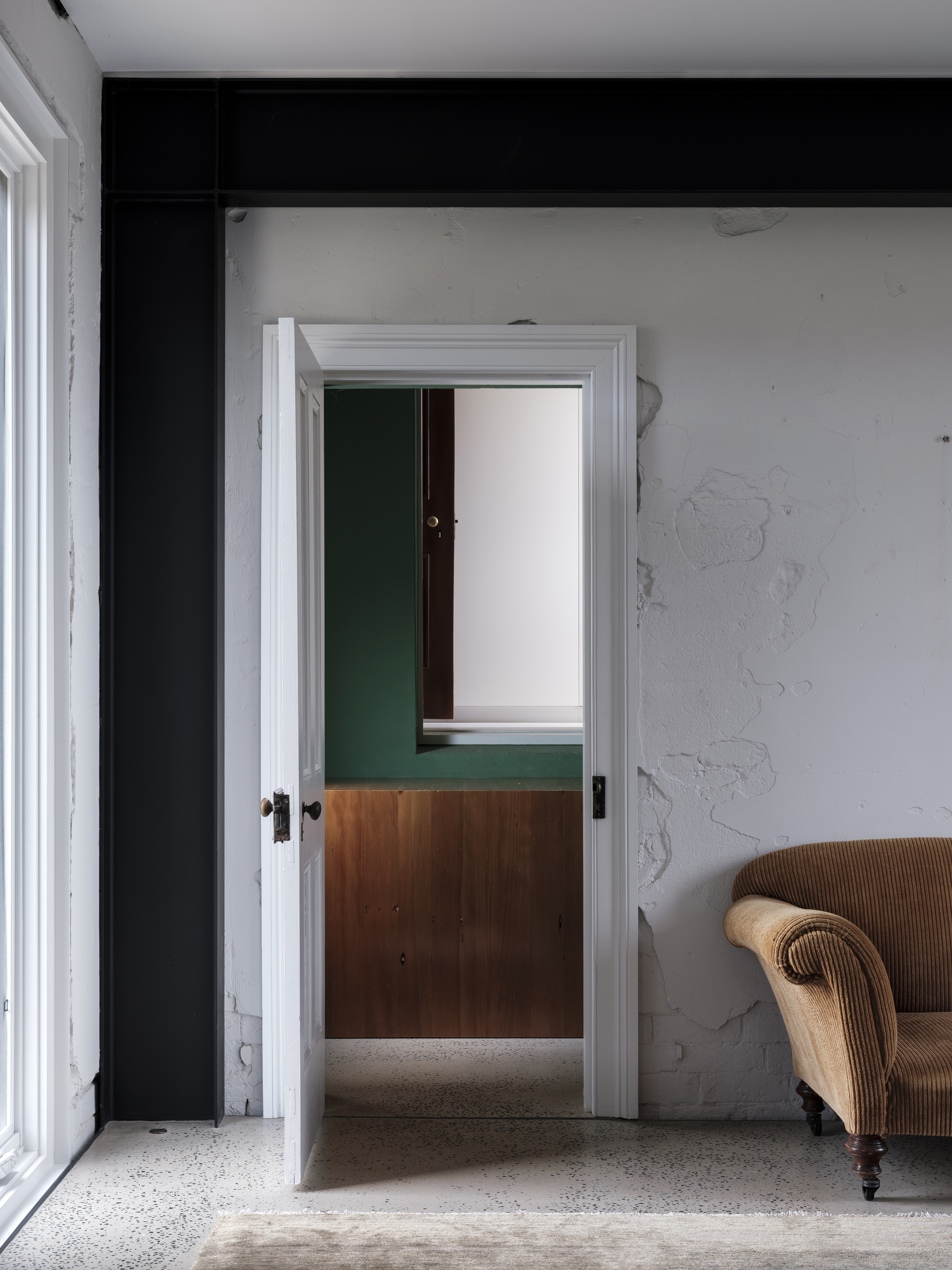
We’re seeing a rise in warmer polished nickel and bronze hardware. Bronze is definitely having a moment as it's a good compromise between the brass, which for some is a little too much, and black, which can feel too modern. We are also seeing more ceramic knobs and handles more as you can play with color.
There is also a move towards more discrete hinge solutions and technology is rapidly evolving. ‘Lualdi has over time engineered hardware and accessories that combine ease of use and high technical performance, while at the same time responding to stylistic needs – for example, hinges that disappear and tracks capable of managing the movement of complex sliding systems,’ says Chiara.
Be aware that the price of door furniture can vary greatly: you can find door handles from as little as £50 and as much as £1,500. It’s a decision that comes, as it so often does, down to aesthetics versus practicality.
And really think about the finish
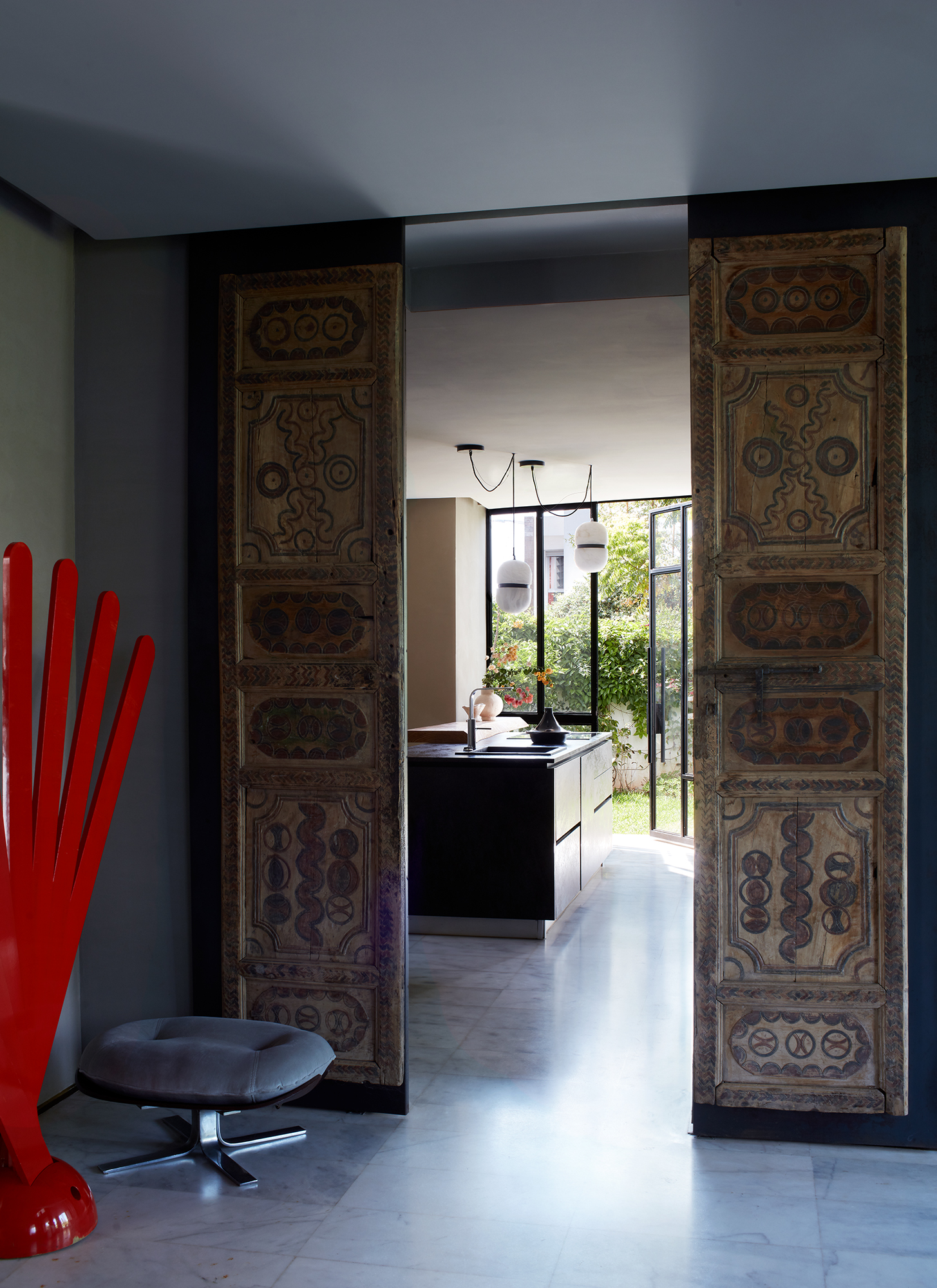
So what color should you paint interior doors? As with all aspects of interior design, uniformity helps create cohesion. A consistent style of internal doors helps your home feel harmonious. Also, bear in mind that it’s easy to mix up your interior styles and furnishings over time, but replacing your door might not be as easy. Think about how the door color, material, and hardware might gel with the room it opens onto.
Natural wood might work in a relaxing space like a bedroom but might be at risk of getting damaged if used in a bathroom, where the air is humid. In transitional spaces like hallways, glass doors help bring in more light.
3 beautiful door handles to elevate your interior doors

Former content editor at Livingetc.com, Oonagh is an expert at spotting the interior trends that are making waves in the design world. She has written a mix of everything from home tours to news, long-form features to design idea pieces, as well as having frequently been featured in the monthly print magazine. She is the go-to for design advice in the home. Previously, she worked on a London property title, producing long-read interiors features, style pages and conducting interviews with a range of famous faces from the UK interiors scene, from Kit Kemp to Robert Kime. In doing so, she has developed a keen interest in London's historical architecture and the city's distinct tastemakers paving the way in the world of interiors.
